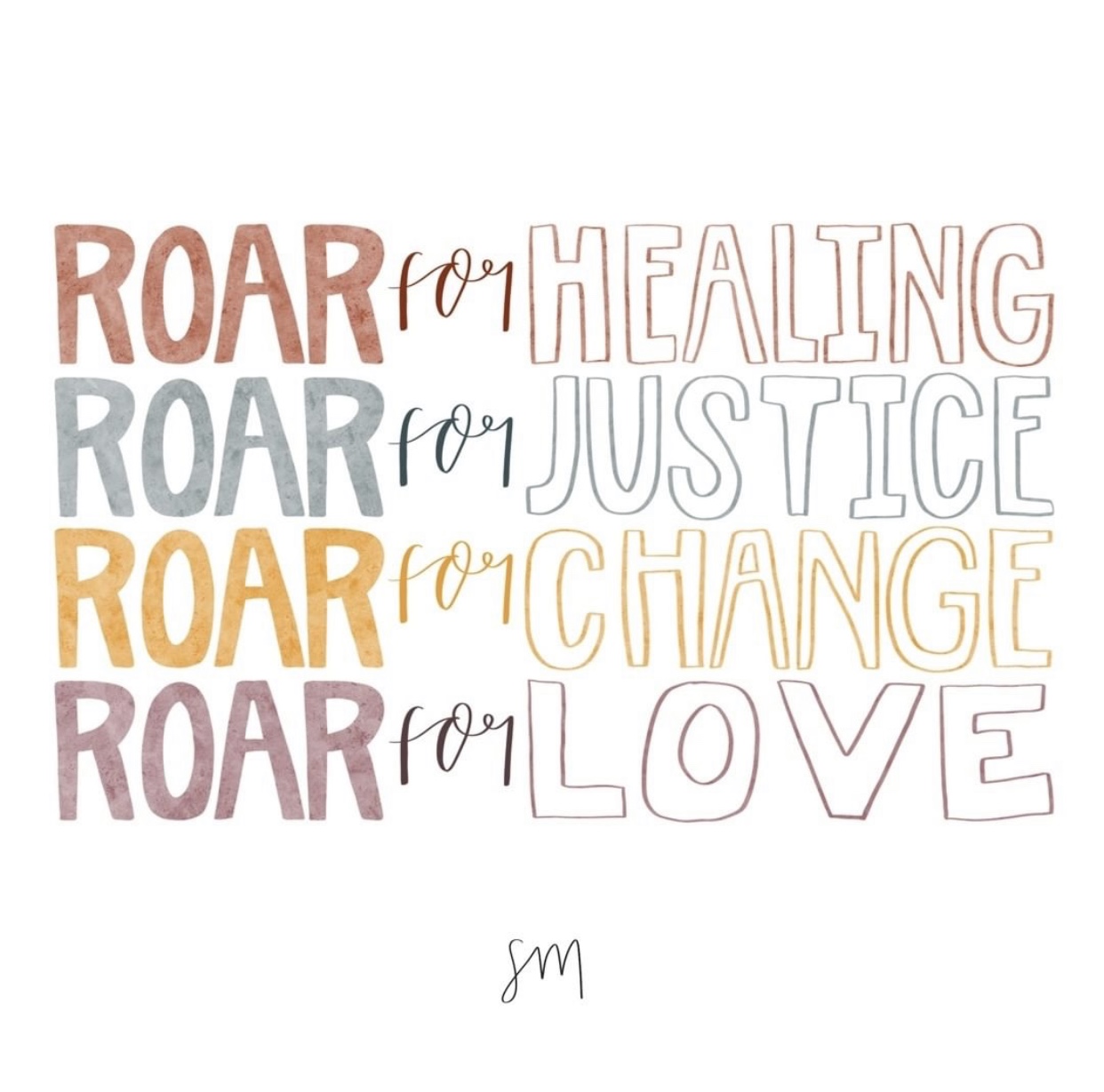Throughout the most recent Black Lives Matter movement, we saw people stand up for what they believe in, support one another, ally with one another, and begin to change the world as we know it.
We saw people finally realizing what the status quo was doing, and instead of placing the blame on individuals, they shined a light on how the system had been built to discriminate and continues to operate in that manner.
This is a part of a major public health issue that must be addressed when it comes to racism. As the modern-day coaching school for forward-thinking coaches, we teach how your ethnicity, upbringing, and socioeconomic status affect your physical, mental, and spiritual health.
But now more than ever, it’s important to educate yourself on how the system was built, how Black people are treated when it comes to healthcare, and how you can be a part of the change to ensure that health and disease don’t discriminate.
How Racism is a Public Health Issue That Must Be Addressed Now
We aren’t simply talking about the fact that some conditions and diseases are more common for people of color. We’re talking about the reasons why that’s the case.
For decades, statistics surrounding health conditions for Black people have been brushed off as biological. However, those statistics are there for a reason, and disease is deep-rooted.
Racism in and of itself is toxic, and studies show that discrimination greatly increases the risk of disease in Black Americans.
A study conducted by the University of Southern California and UCLA concluded that racist experiences have a tendency to trigger inflammation in Black people. And while some inflammation is good – it’s a defense mechanism for your body when it feels threatened – chronic inflammation can lead to a number of debilitating health conditions and diseases. 1
This study was conducted on people with similar socioeconomic backgrounds to ensure that other stressors such as poverty could be ruled out to focus on the main variable of discrimination.
Racism has always been a public health issue, and Black people have always been put into situations where they feel threatened, have to work twice as hard (or more) to achieve success, and are treated as less than when it comes to medical care.
The reality is that all people should get sick and die equally, and the fact that illness and mortality rates are higher for Black Americans is not a direct cause of biological differences. It is caused by institutionalized racism. 2
DISEASE DOESN’T DISCRIMINATE
Yet for so long, the institutions have blamed this on biological and socioeconomic factors alone.
Let’s face the facts.
OBESITY
70% of Black people are overweight or obese, making them more likely to be obese than any other racial group. 3
HIGH BLOOD PRESSURE
Black people develop blood pressure issues at a higher rate and earlier age than white people, with a 10% increase for Black men and 14% increase for Black women. 4
MATERNAL DEATH RATES
Black women are 3 to 4 times more likely to die from pregnancy or childbirth than white women. 5
INFANT DEATHS
Black infant mortality is twice as high as white infant mortality. 6
LIFE EXPECTANCY
The average life expectancy for Black Americans is 4 years shorter than that of the rest of the U.S. 7
POLICE BRUTALITY
Black men are 2 times more likely to die in the hands of police officers than white men.
MENTAL HEALTH
Over 7 million Black Americans reported having a mental health issue in the last year. 8
POVERTY
20% of Black Americans reported living in poverty in 2018.9
These are just a few examples, but the reality is that statistics across the board look like this. Racial discrimination and violence lead to trauma and chronic inflammation. Both of which lead to various physical, mental, and spiritual health concerns.
Not to mention, Black Americans are much more likely to be uninsured, not have a regular doctor, and be hospitalized for conditions that could have been prevented by routine checkups. They are more likely to live in food deserts, more likely to be imprisoned, and more likely to not get the care they need to be healthy.
Despite progress made over the past years, racism still plagues the community and keeps Black Americans from receiving the care they need. But it goes so much deeper than disease and care alone.
Until the system changes. Until racial violence stops. Until chronic inflammation and trauma are dealt with, racism will continue to be a public health issue.
Because it’s more than a disease. It’s what’s causing the disease, lack of access to treatment, and unequal care that must be dealt with on a greater scale.
WE’RE COMMITTED
Here at ITN, we know that health and nutrition are so much more than what you put on your plate (although that matters too). You must deal with deep-rooted trauma, mental health issues, and decode the root causes of your symptoms before you’ll ever rid your body and mind of disease.
And in this case, we know that those issues must be dealt with at an institutional level before Black individuals will truly be able to heal.
We’re committed to being a part of the institutional uprooting, speaking up when it comes to racial discrimination in health and wellness, and providing coaches with the training and resources they need to take care of themselves and other people of color.
For more on Transformational Nutrition and how you can begin to understand comprehensive, personalized nutrition, head here.
And if you’re interested in becoming a Certified Transformational Nutrition Coach (CTNC) so you can help people live healthier and happier, while partnering with an Institute committed to being a part of the greater change, head here.



+ show Comments
- Hide Comments
Free Resources
Take A Look at the latest from ITN:
Courses
add a comment